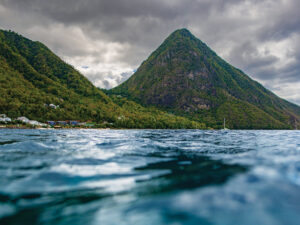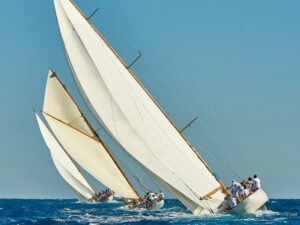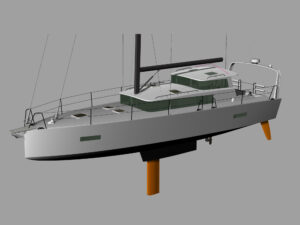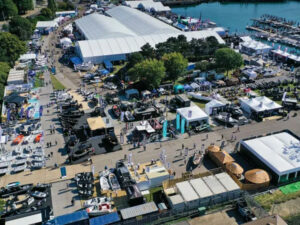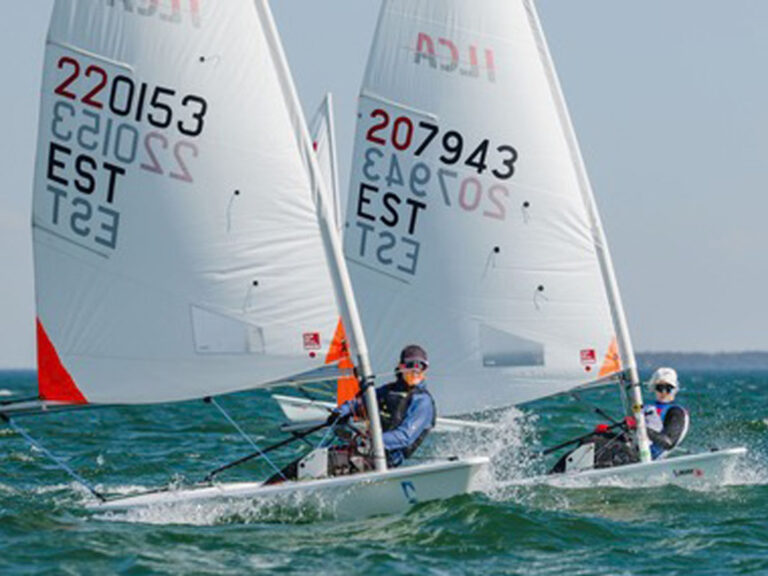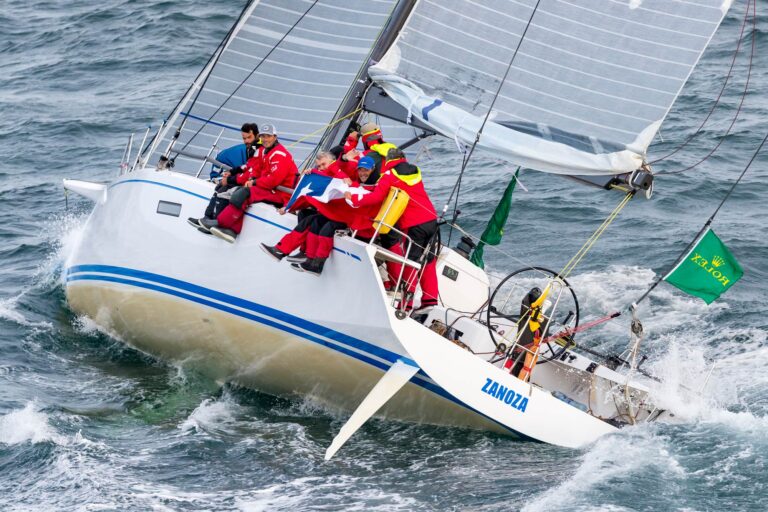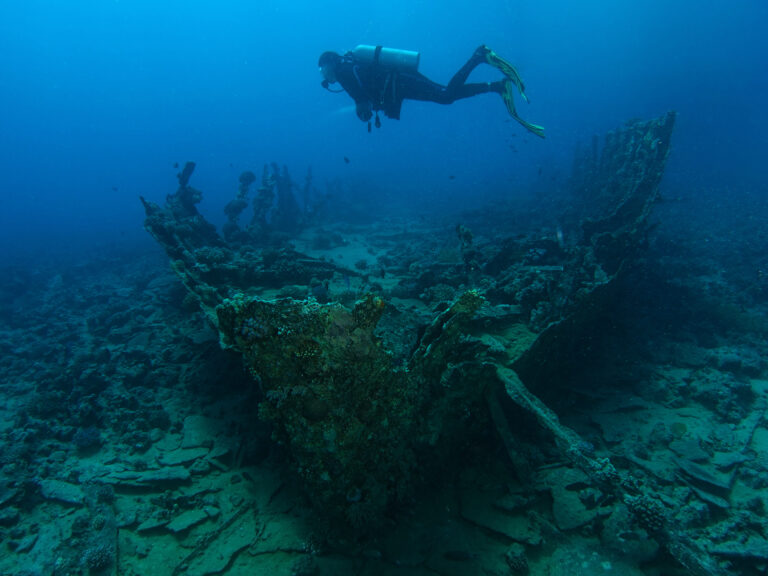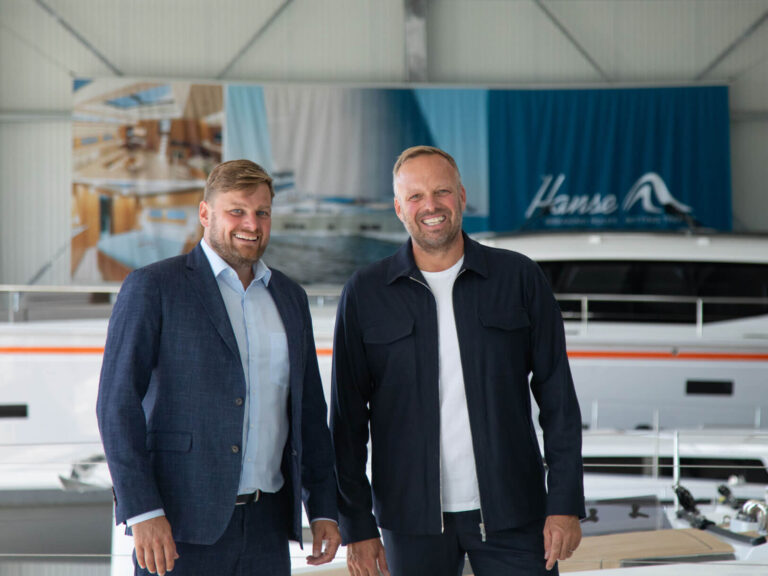A decade ago last month, on November 25, 1992, a team of French navy divers dropped into a frigid North Atlantic to inspect the overturned hull of a 60-foot ocean racer called Coyote, sailed by a solo American sailor named Mike Plant. In mid-October of that year, he’d left New York bound for France and the start of the Vendee Globe singlehanded around-the-world race. But the voyage had gone terribly wrong, Mike had been missing for weeks, and the divers had been dispatched to the newly discovered wreck to perform the postmortem.
Mike Plant, who in a perfect world would’ve just turned 52, has been in my thoughts a lot lately. In September, I had the honor of inducting him into the Museum of Yachting’s Singlehanded Sailing Hall of Fame in Newport, Rhode Island. And this month, for better and for worse, we’re presenting two stories that call him to mind. The first is certainly the more upbeat of the pair. In the late 1980s, Mike, who won his class in the 1986-87 BOC Challenge, took under his wing a starstruck 19-year-old who’d asked him to lunch to grill him about solo sailing, a sport he was anxious to pursue. At the end of a long meal, during which Mike fielded countless queries, he left the young man with some final advice: “The only way you’re really going to get your questions answered is to get out there and do it yourself.”
The teenager, a California kid named Brad Van Liew, took it to heart. In the 1998-99 Around Alone event, he earned a credible third-place finish, and now he’s back for the race’s current running in an attempt to follow in the wake of his mentor and win his class. If successful, he’ll be the first American to do so since Mike himself. Brad’s exclusive report on how he fared on Leg One begins elsewhere on this website.
The second story, sadly, is as tragic as the first is inspiring.
Several weeks after Mike’s deadline to arrive in France, several of his friends tracked down the registration number for his Category I 406 EPIRB and passed the information along to the proper authorities. Soon after, Mike’s supporters were shattered to learn that 17 days earlier, both a Canadian tracking station and NOAA had, in fact, received a brief transmission from the EPIRB aboard Coyote. But for several reasons-the primary one was that the unit had never been registered-the signal wasn’t acted upon at the time, and while a search effort was belatedly launched, Mike’s fate was already sealed. The French dive team ultimately confirmed that Coyote capsized after her keel bulb broke free. There was no sign of Mike aboard.
Fast-forward some eight years to a stormy Indian Ocean night. Rescue centers in several locations pick up the EPIRB distress signal from a 32-foot cutter called Leviathan sailed by a California cruising couple, Rick and Paula Porter. Unlike Coyote’s EPIRB, Leviathan’s is duly registered. But again, for a litany of reasons, no action is immediately taken. A later search proves to be too little, too late. Like Mike Plant, the Porters are never seen again.
The lead story in our annual Safety at Sea special section presents a detailed account of Leviathan’s final voyage and the extraordinary circumstances of its aftermath. Of the many lessons long-range cruisers can take from it, perhaps the greatest is this: Despite all of the wondrous technology now available to offshore voyagers, in worst-case scenarios, sailors must do whatever they can, via whatever means, not only to look after themselves but also to look after one another.
For here we are, 10 years after Coyote came to grief, once again confronted by a story about sailors lost at sea in an uncomfortably similar scenario. We’ll never know for sure what happened aboard Coyote or Leviathan, but the supposition is more than a little disturbing: Mike and the Porters pushed the last-chance panic button, and nobody answered.

